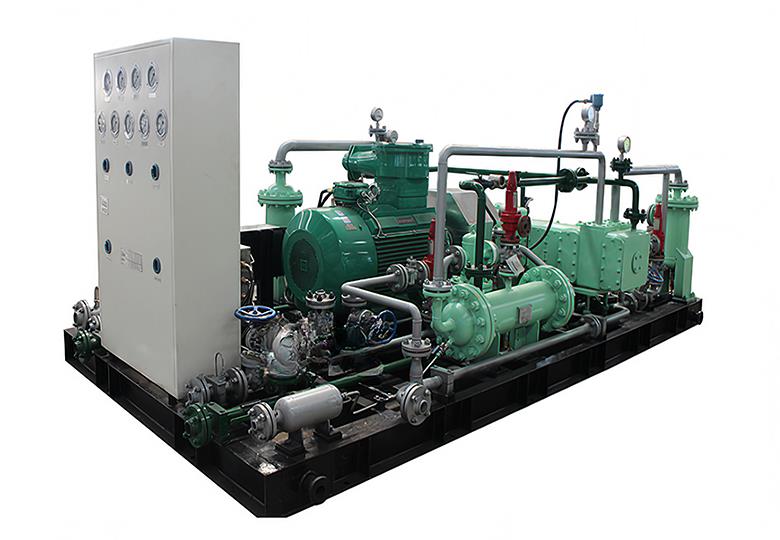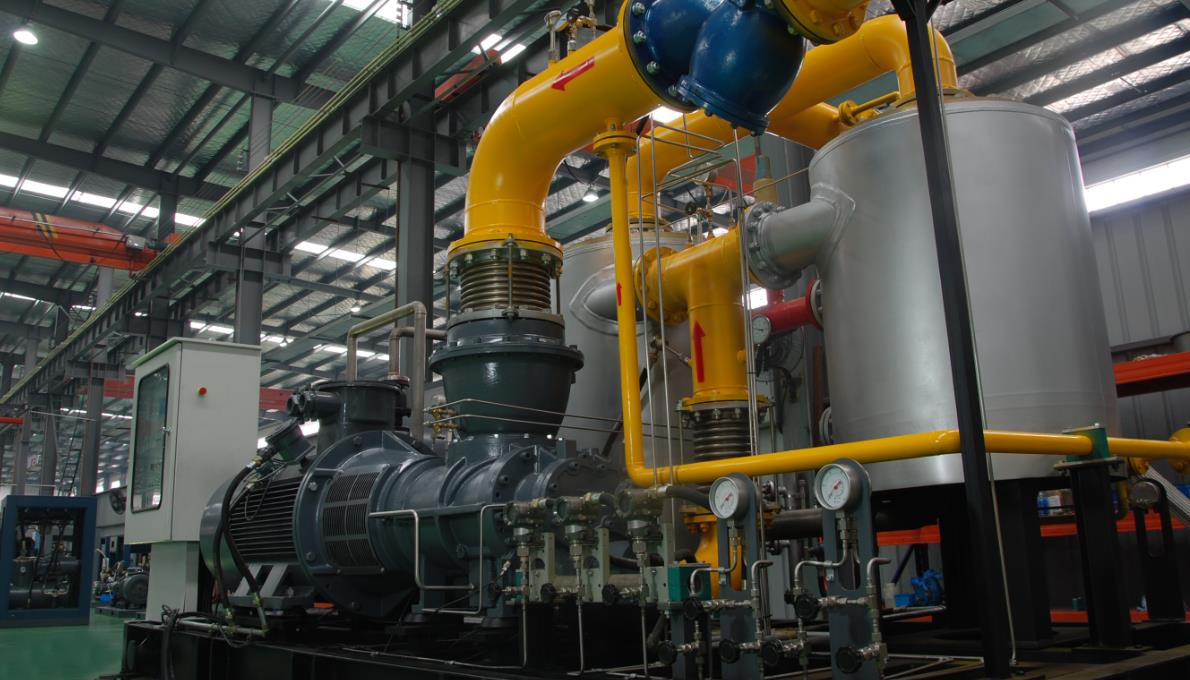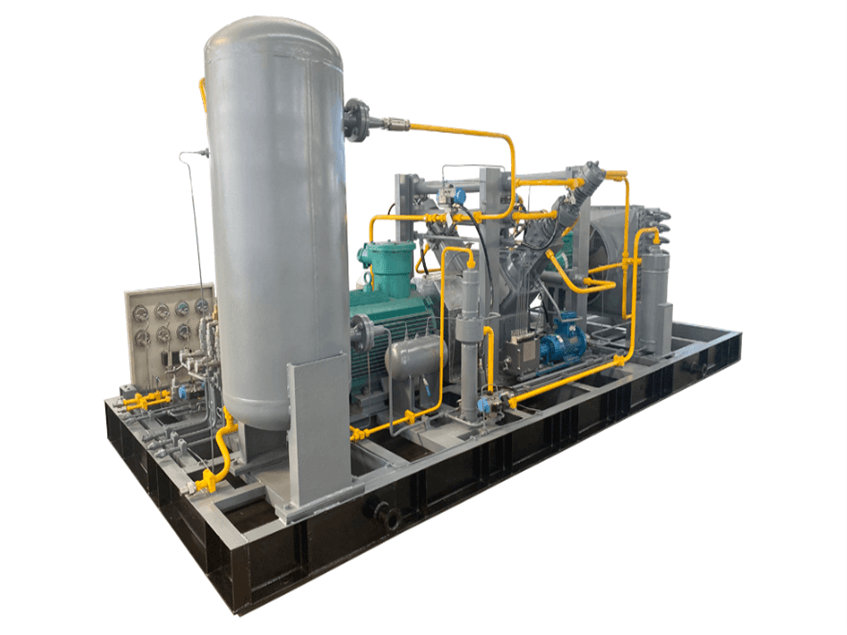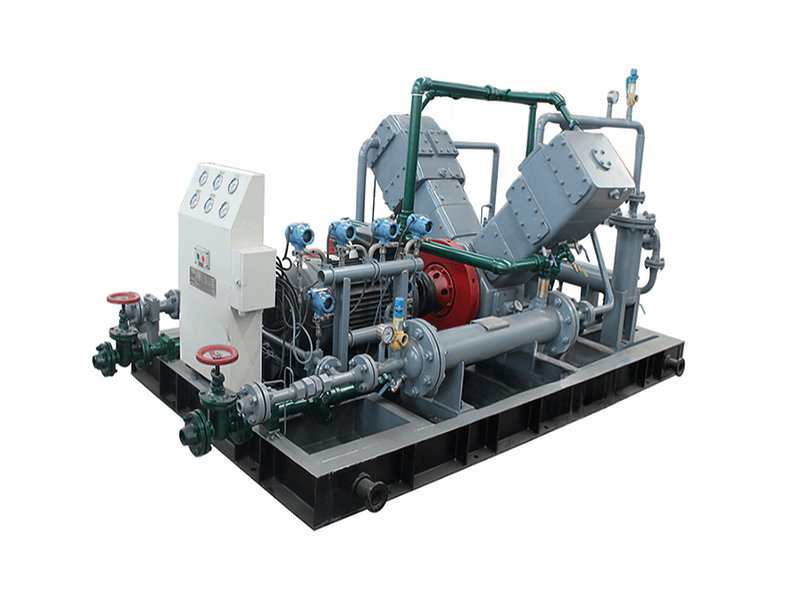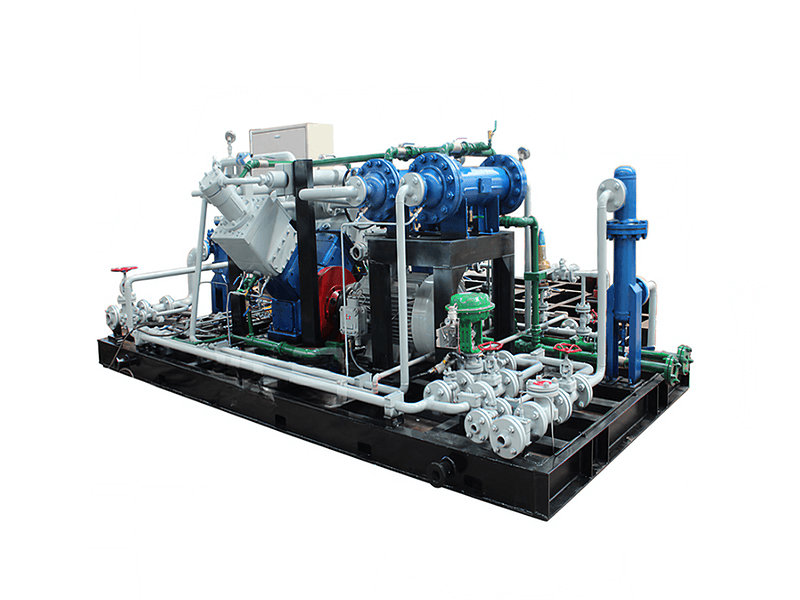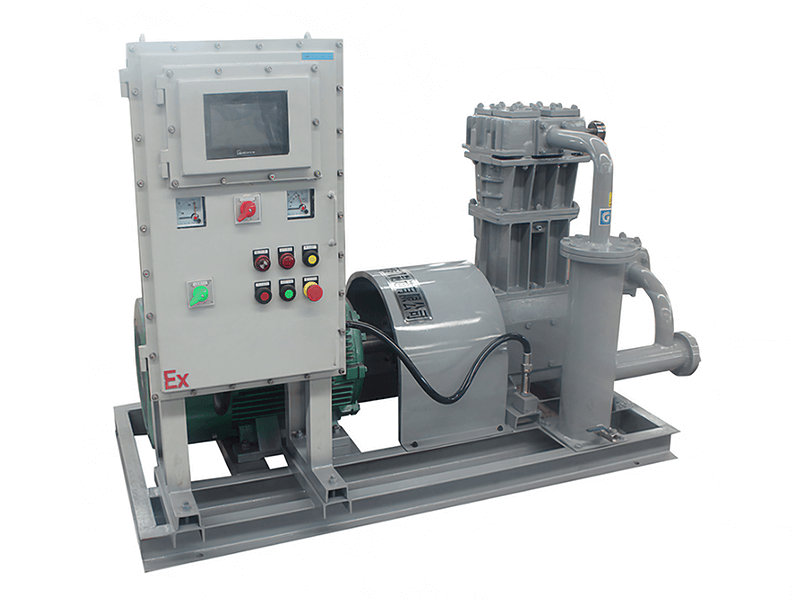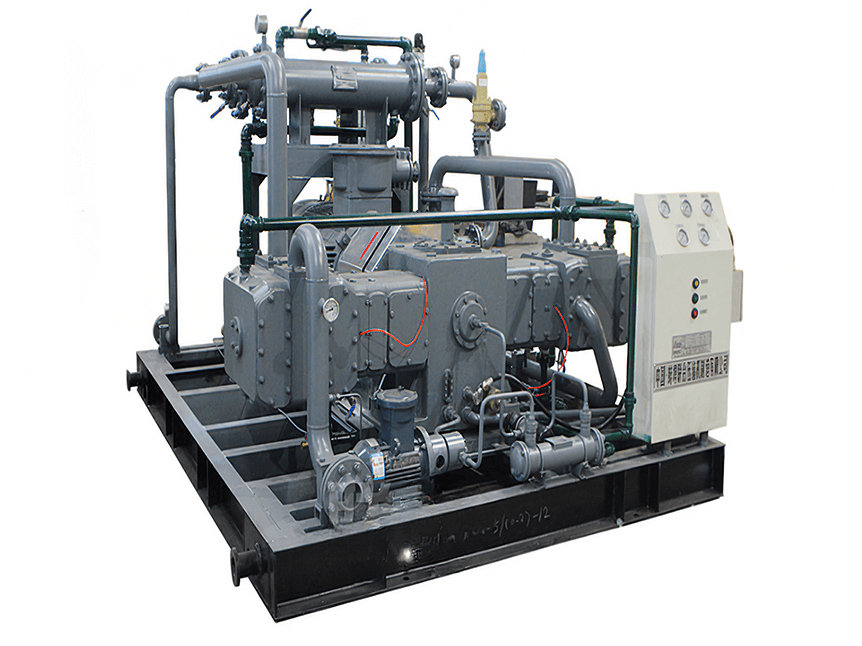Hydrogen compression is a critical process in various applications, including hydrogen fueling stations, industrial processes, and energy storage. When it comes to hydrogen compressors, there are several requirements to consider. Here are some key requirements for hydrogen compression:
1. Material Compatibility:
Hydrogen is known to cause embrittlement in certain materials, so it's essential to use materials that are compatible with hydrogen. Commonly used materials for hydrogen compressors include stainless steel, nickel alloys, and other materials with high hydrogen compatibility.
2. Hydrogen Purity:
Hydrogen purity is crucial to prevent contamination and maintain the integrity of the compressor system. Compressors designed for hydrogen compression should ensure high purity levels and minimize the risk of introducing impurities into the compressed hydrogen stream.
3. Leak Tightness:
Hydrogen is a highly diffusive gas, and its small molecule size can make it challenging to contain. Hydrogen compressors must be designed and manufactured to ensure excellent leak tightness to prevent hydrogen leakage during compression and storage.
4. Safety Features:
Hydrogen is a flammable gas, and safety features are critical for hydrogen compressors. These may include explosion-proof designs, advanced monitoring systems, pressure relief devices, and other safety measures to prevent accidents and ensure safe operation.

5. Efficiency:
Hydrogen compression should be performed with high efficiency to minimize energy consumption and operational costs. Efficient compression technologies, such as reciprocating compressors, rotary screw compressors, or centrifugal compressors, can be utilized to achieve the desired compression efficiency.
6. Pressure Range:
The specific application will determine the required pressure range for the hydrogen compressor. Different applications may require compressors capable of delivering low, medium, or high pressure levels. The compressor should be selected based on the desired pressure range and the system requirements.
7. Flow Rate:
The required flow rate of hydrogen will depend on the application. Hydrogen compressors should be designed to handle the specific flow rate requirements, ensuring that the compressor can deliver the required volume of compressed hydrogen per unit of time.
8. Maintenance and Serviceability:
Hydrogen compressors should be designed for ease of maintenance and serviceability. This includes accessible components, proper lubrication systems, and clear maintenance instructions to ensure reliable operation and minimize downtime.
9. System Integration:
Hydrogen compressors should be compatible with the overall system design and integration requirements. This includes factors such as the available space, interface with other components or systems (such as hydrogen storage tanks or piping), and the ability to integrate with control and monitoring systems.
10. Noise and Vibration:
Hydrogen compressors should be designed to minimize noise and vibration levels, especially in applications where noise reduction is important, such as residential areas or indoor installations. Proper noise insulation and vibration dampening measures can help ensure a quieter and more comfortable operating environment.
11. Environmental Factors:
Hydrogen compression systems may be exposed to various environmental conditions. Considerations such as temperature extremes, humidity, corrosive environments, and outdoor exposure should be taken into account when selecting or designing a hydrogen compressor system. Suitable protective measures should be implemented to ensure the longevity and reliability of the equipment.
12. Scalability:
Depending on the application, there may be requirements for scalability or future expansion. It is important to choose a hydrogen compressor that can accommodate potential changes in demand or system requirements. This may involve selecting a compressor that allows for modular expansion or considering the capacity range of the compressor for future needs.
13. Compliance with Standards and Regulations:
Hydrogen compressors should adhere to relevant industry standards, codes, and regulations. This may include compliance with safety standards, such as those provided by organizations like the International Organization for Standardization (ISO), National Fire Protection Association (NFPA), or local regulatory bodies governing hydrogen systems.
14. Reliability and Service Support:
Consider the track record and reputation of the compressor manufacturer or supplier in terms of reliability, product performance, and after-sales service support. It is important to select a reputable manufacturer that offers reliable products and provides comprehensive technical support, spare parts availability, and maintenance services.
These considerations can help guide the selection and design of hydrogen compressors for various applications. It is recommended to work closely with experienced professionals or consult with hydrogen compression system specialists to ensure that the chosen compressor meets the specific requirements and standards of your particular application.




